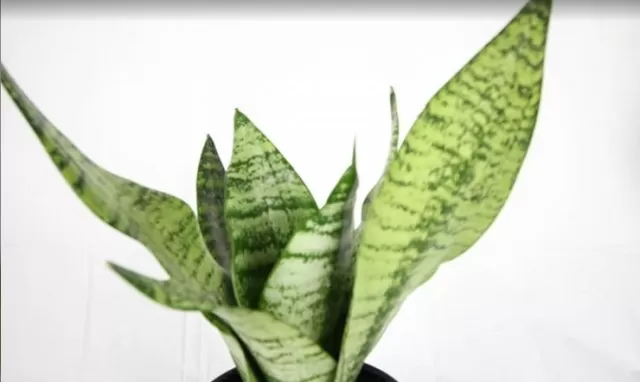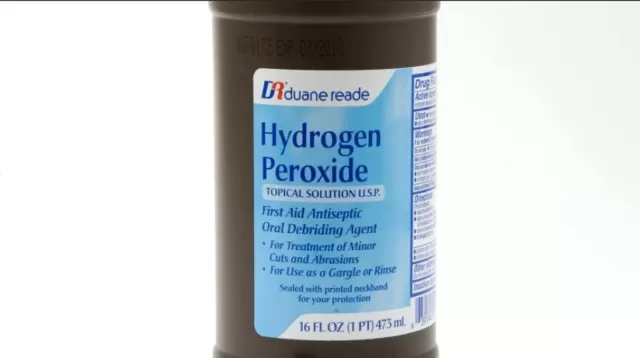Surprising Things That Houseplants Adore (Part 2).Indeed, houseplants can thrive with more than just sunlight, water, and good soil. These unexpected items can provide additional care to help your indoor greenery flourish.By incorporating these unexpected items into your plant care routine, you can provide your houseplants with the extra nourishment and protection they need to not just survive but thrive, contributing to a healthier and more vibrant indoor garden.
Revive Your Houseplants with a Mayo Shine

Cleaning your houseplants isn’t just about aesthetics—it’s a practice that can benefit both your health and the health of your plants.
When you take the time to remove dust from your plant’s leaves, you’re not only enhancing the plant’s ability to absorb sunlight but also reducing allergens in your home.
For broad-leafed plants that need a bit of extra TLC, mayonnaise can come to the rescue.
This household condiment contains oil that can be used to restore shine to your plant’s leaves. Simply dip a cloth into a small amount of mayo and gently wipe it across the leaves.
The result is a beautiful, glistening appearance that not only pleases the eye but also allows the leaves to more effectively harness the nourishing rays of the sun.
So, while it might seem unconventional, mayo can be a handy tool in your plant care toolkit, helping your houseplants thrive and shine, and contributing to a healthier indoor environment for you as well.
Give Your Plants a Refreshing Shower
While you might not think of it, occasionally giving your indoor plants a shower can be an excellent way to clean and revitalize them.
This practice not only removes dust but also helps eliminate the risk of insect infestations, keeping your plants healthy and vibrant.
To shower your plants, follow these steps:.
Place your plants in the shower or take them outside if the weather permits.
Use cool water—neither too hot nor too cold—and let it gently fall on the plants until the water soaks through to the roots.
Ensure thorough coverage but avoid harsh pressure that could damage delicate leaves.
After showering, be sure to remove any standing water from underneath the pots to prevent overwatering.
Allow the pots to dry off before returning them to their usual spots around your home.
However, it’s important to note that not all plants benefit from this spa treatment.
Some plants, like African violets, do not respond well to having their leaves wet. Others, like succulents, are prone to overwatering and should not be placed in the shower.
Always consider your plant’s specific needs before deciding to shower them.
Harness the Power of Lemons to Adjust Soil Acidity

If you’re looking to increase the acidity of your soil for acid-loving plants, lemons can be a handy natural solution.
However, it’s important to use lemon juice judiciously and avoid contact with the plant leaves, as it can potentially harm them.
Here’s how you can use lemon juice to adjust soil acidity:.
Pour a tiny amount of lemon juice into the soil around your acid-loving plants.
Start with a small quantity, as a little lemon juice can go a long way.
Be cautious not to let the lemon juice come into contact with the plant leaves, as it can cause damage or even harm the plant.
For those looking to start seeds for acid-loving plants, you can use a creative method:.
Take a juiced lemon and fill it halfway with soil.
Plant the seed directly into this soil-filled lemon.
Once the seed germinates, you can transplant the entire citrus pod, soil and all, into a pot or the ground.
This approach not only provides the ideal acidity for your plants but also adds a touch of ingenuity to your gardening endeavors.
Just remember to use lemon juice sparingly and with care to ensure your plants thrive in their preferred acidic environment.
Enhance Soil Acidity with Lemon Juice: Tips for Gardening Success
When cultivating acid-loving plants, maintaining the right soil acidity is crucial for their health and growth.
One method to adjust soil pH and increase acidity is by using lemon juice, but it’s essential to apply it with care to avoid harming your plants. Here’s how to do it:.
Adjusting Soil Acidity with Lemon Juice:.
Start with a small amount: Lemon juice is potent, and a little goes a long way.
Begin by adding a tiny quantity to the soil around your acid-loving plants.
Avoid contact with leaves: Be extremely cautious not to let lemon juice come into contact with the leaves of your plants.
Lemon juice can be acidic enough to cause burns or harm the plant if applied directly to the foliage.
A Creative Seed-Starting Technique:.
For those looking to kickstart seeds for acid-loving plants, here’s a clever and eco-friendly method:.
Take a juiced lemon and cut it in half.
Fill one half of the juiced lemon with suitable potting soil.
Plant your seed directly into the soil-filled lemon half.
Once the seed germinates and is ready for transplantation, you can plant the entire citrus pod, soil and all, into a pot or directly into the ground.
This technique not only provides an acidic environment for your seeds but also adds a unique and sustainable twist to your gardening efforts.
By following these guidelines, you can effectively use lemon juice to enhance soil acidity and nurture your acid-loving plants to thrive.
Harness the Power of Hydrogen Peroxide for Gardening Success

Hydrogen peroxide is indeed a versatile household item with applications beyond first aid.
In gardening, it can prove to be a valuable ally for plant health and growth. Here are some ways you can use hydrogen peroxide in your garden:.
Boost Plant Growth: Dilute hydrogen peroxide with water and use a spray bottle to mist it over your plants.
The oxygen released by hydrogen peroxide can enhance soil oxygen levels, promoting root health and ultimately leading to increased plant growth.
Prevent Root Rot: Hydrogen peroxide can help combat root rot, a common issue in gardening.
Mix a solution of hydrogen peroxide and water, then water your plants with it. This can help eliminate harmful bacteria and fungi that contribute to root rot.
Control Fungus: Hydrogen peroxide can be used as a fungicide.
Mix it with water and apply it to affected areas to combat fungal infections on plants and keep them healthy.
It’s important to note that when using hydrogen peroxide in your garden, you should follow recommended dilution ratios to avoid harming your plants.
It’s a powerful tool for promoting plant health, but like any treatment, it should be used judiciously and with care.
*The information is for reference only.